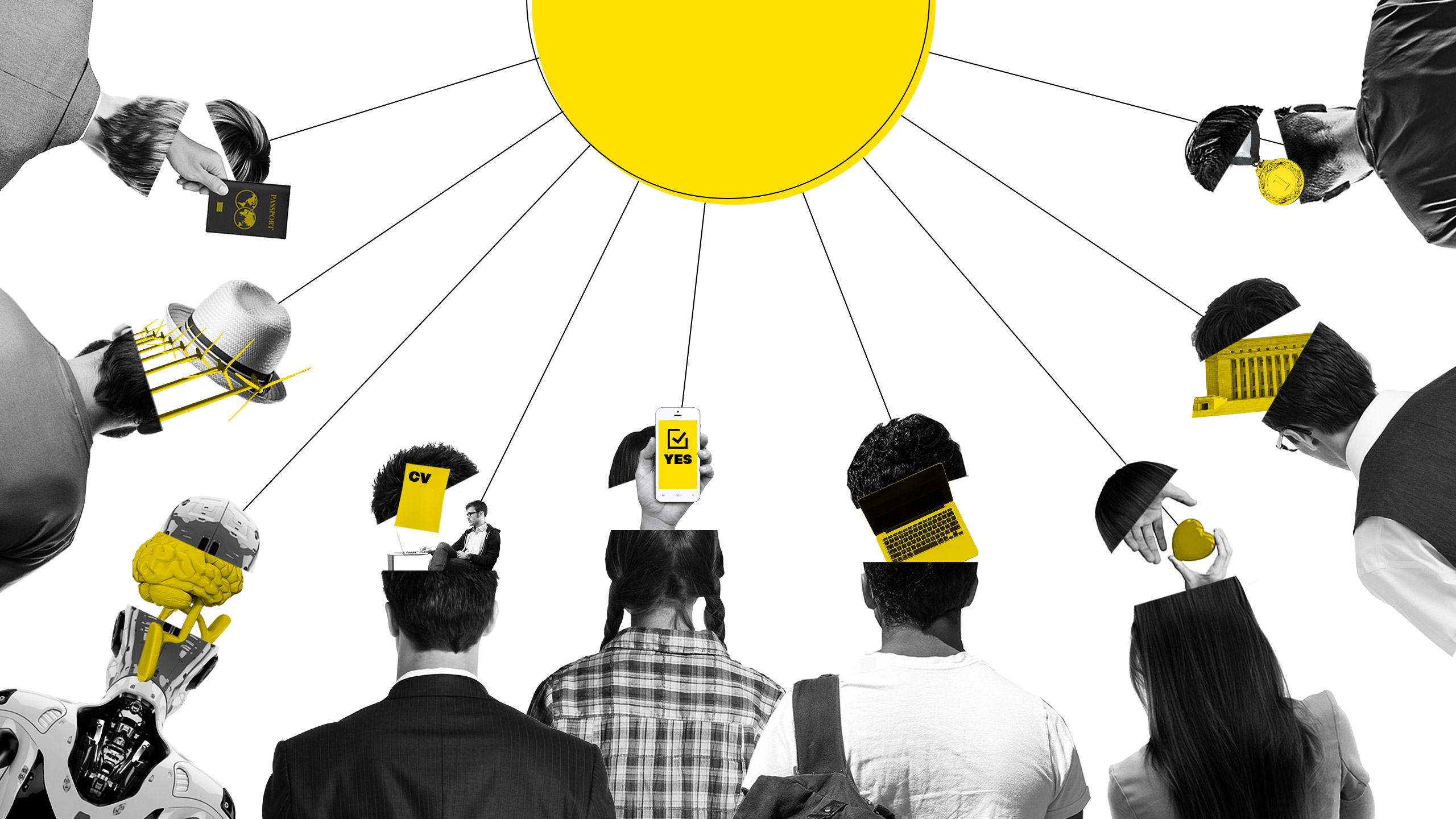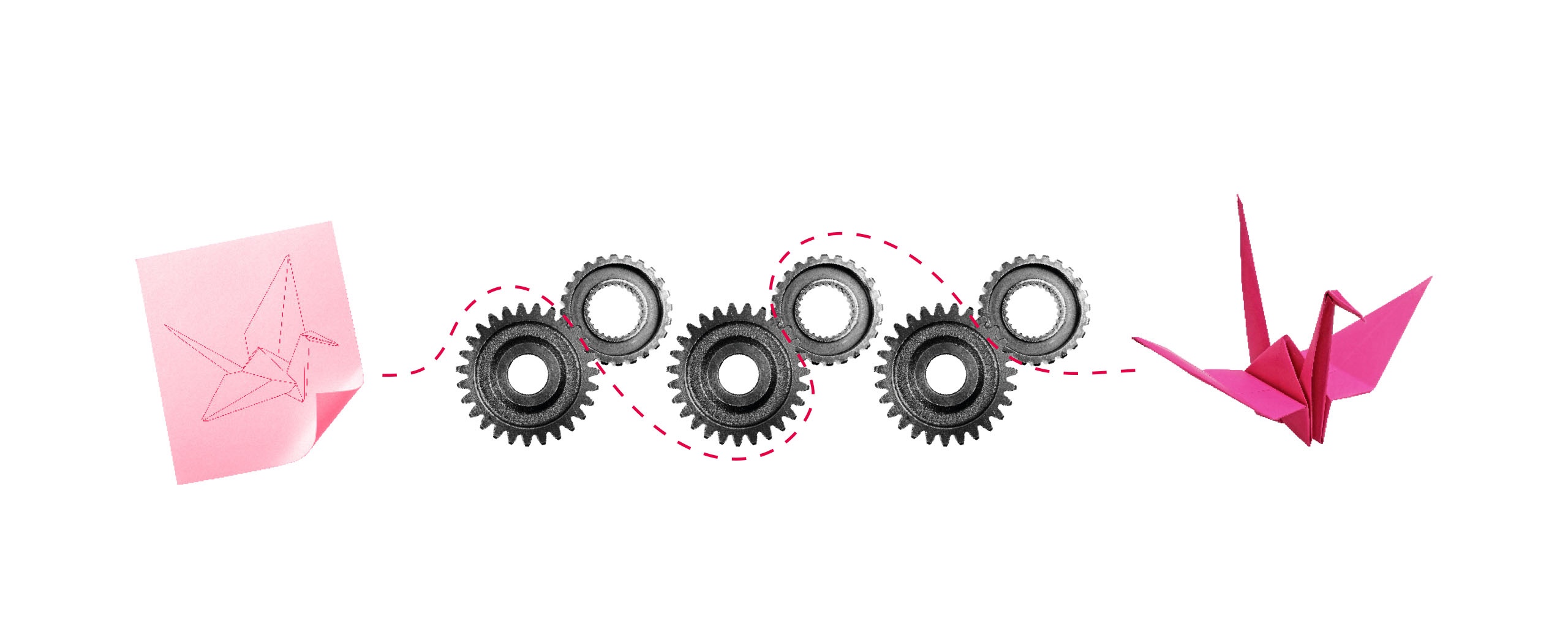In a nutshell, the idea of a challenge prize is this: announce the challenge, find the most promising teams and award a prize to the best solutions. A recently published study Sparking social innovation through challenge prizes by Sitra reveals that a well-planned challenge prize competition supports the teams and speeds up the creation of new solutions.
The recipe for innovations: co-creation, learning and creativity
The study is based on the Ratkaisu 100 challenge prize organised by Sitra between 2016 and 2017 and the extensive empirical material gathered on it. In the research setting, the focus was on describing and analysing the diverse ways in which the participating teams benefited from the challenge prize.
“The teams participating in the competition, their ideas and the growth environment supporting them are the key to new innovations,” says Tuukka Toivonen from University College London (UCL), one of three researchers who implemented the study.
“However, limited research has been carried out on the development of the teams and their idea journeys – which is why our report focuses on these specific elements.”
The study can therefore be characterised as pioneering.
A well-planned challenge prize supports teams while encouraging the creation of new solutions.
But how do competitions speed up the creation of new ideas? Among answers to this question, the study proposes the following four insights.
- New heads to solve challenges. At best, challenge prizes attract new and competent experts to the field defined by the challenge, determine important criteria for new innovations and speed up the development of innovations.
- Ideas develop together. Challenge prizes with an integrated incubation or development period can considerably support the progress of the participating teams’ idea journeys.
- Different teams benefit from competitions in different ways. Significant differences can usually be seen in the development of the participating teams’ idea journeys. Different teams benefit from the challenge prize in different ways and the teams’ different needs should therefore be taken into account when planning the challenge prize.
- Discussions speed up the creation of innovations. Evidence from research shows that various interactions and conversations play an important role in the development of innovative ideas.
The long-term impacts of the competitions are related to the quality and feasibility of the ideas they produce and to their ability to bring different sectors together to build new solutions. The creation of networks is not easy, but when successful, co-operation across sectoral boundaries may develop between the new communities after the competitions have ended. Enabling co-operation is one important way to strengthen society’s capacity to face up to new kinds of challenges.
“The study produced with the help of the Ratkaisu 100 challenge prize provided extremely valuable information for many reasons,” says Sitra’s specialist Riina Pulkkinen, who was involved in the Ratkaisu 100 challenge prize.
“The study offers us knowledge about which elements in the competition are especially useful when societally meaningful solutions are developed. The study also provides important information on what kind of support different teams need during the competitions.”
“We hope that this knowledge will also be helpful for other parties engaged in work related to social innovations.”
You can familiarise yourself with the study here: Sparking social innovation through challenge prizes



Recommended
Find out more.